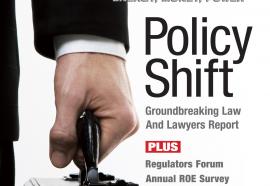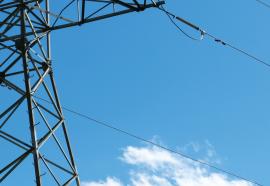This summer marked the 40th anniversary of a pivotal event in the environmental movement. On June 22, 1969, the oily surface of the Cuyahoga River caught fire, drawing national attention to the plight of America’s lakes and rivers. However, clean water standards didn’t begin with the Cuyahoga River fire, the EPA or the Clean Water Act. A series of common-law nuisance lawsuits, combined with a patchwork of state laws and (weak) federal statutes, preceded the comprehensive legislation that emerged from the smoke of the Cuyahoga. Today we’re seeing a similar progression in greenhouse gas regulation, with civil suits, state initiatives and marginal federal actions apparently marching toward a national climate policy.










